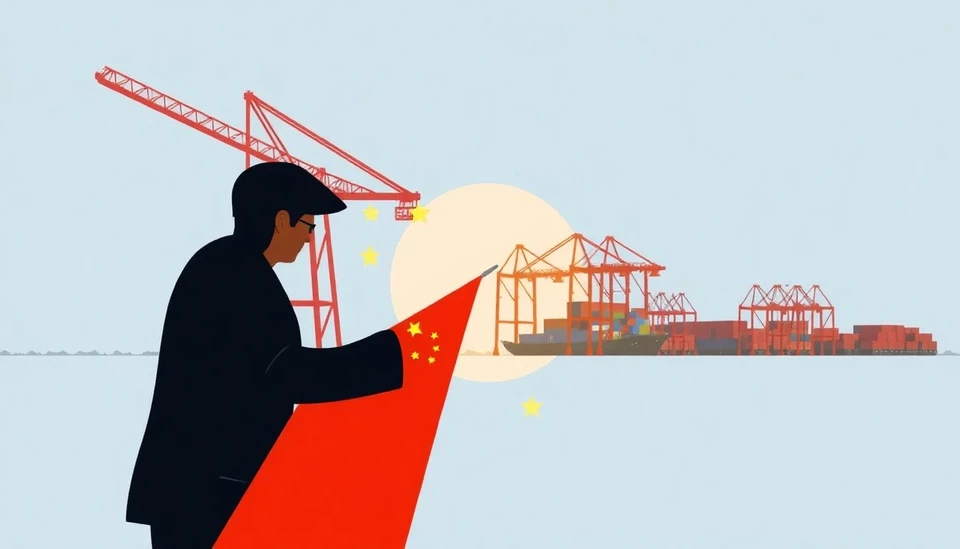
In a significant shift in the already strained economic relationship between the United States and China, the Chinese government has responded decisively to the recent tariff increases announced by the Trump administration. The retaliatory measures outlined by Beijing signal rising frustration among Chinese officials, particularly President Xi Jinping, towards U.S. trade policies.
On April 7, 2025, Chinese authorities made headlines by implementing new tariffs on a range of American goods. These new levies are a clear indication of China's strategy to push back against what they perceive as aggressive trade tactics from the U.S. The reaction from Beijing comes after the Trump administration introduced increasing tariffs on Chinese imports, claiming that these measures are necessary to protect American industries and reduce trade deficits.
Chinese state media emphasized the nation's determination to defend its economic interests, framing the U.S. tariffs as an unreasonable attack on free trade principles. Analysts suggest that this retaliatory move is not only a response to tariffs but also reflects Xi's growing impatience over the lengthy trade negotiations that have failed to yield a comprehensive resolution.
As part of the new tariffs, Beijing has targeted several critical sectors, including agriculture and technology, which are vital to the American economy. This strategic focus on key industries is viewed as a tactic designed to exert pressure on U.S. farmers and businesses that rely heavily on exports to China.
Market reactions to these developments prompted concern among investors, who fear that escalating tensions could derail global economic recovery efforts. The stock market showed signs of volatility as news of the tariffs spread, highlighting the broader implications of these trade disputes that extend beyond just the U.S. and China.
Experts believe that the ongoing tit-for-tat between the two nations reflects deeper underlying issues, including competition for global market influence and leadership in technological innovation. These complexities add layers to an already challenging negotiating environment, leading to speculation about future economic forecasts and potential repercussions for global supply chains.
Trade analysts urge both sides to reconsider their aggressive stances and revisit the negotiating table. However, with both the U.S. and China maintaining firm positions on key issues, the prospect of an amicable solution appears increasingly distant. The recent developments underscore a pivotal moment in the two countries' economic relations, raising questions about the long-term impacts on international trade dynamics.
As tensions escalate, stakeholders from various sectors are left grappling with the potential fallout of this trade war, which continues to affect economies worldwide. The world watches closely as the situation develops, anticipating how it will shape not only U.S.-China relations but also the global economic landscape.
In conclusion, the recent retaliation from China represents a high-stakes gamble that could redefine trade relations in the years to come. As both nations navigate this turbulent period, the priority remains to resolve underlying tensions to restore balanced and fair trade practices.
#China #TradeWar #USChinaRelations #Tariffs #EconomicTension #GlobalTrade #XiJinping #TrumpAdministration
Author: Rachel Greene




